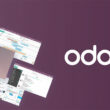Imagine stepping into a classroom where boundaries vanish and potential ignites—welcome to the digital renaissance of education. Ed tech companies are not just reshuffling the deck; they’re changing the game, engineering a future where learning is limitless.
With the click of a button, knowledge leaps from static pages to dynamic, interactive realms, where e-learning platforms and personalized learning experiences redefine what it means to educate.
In this deep dive, anticipate unlocking secrets behind these pioneering architects of academia.
Understand the stitches that knit together the fabric of modern educational technology tools.
These are keys to new kingdoms of cognition, virtual education, and remote learning technologies that shape minds across the globe.
By journey’s end, an expanded understanding blossoms – not just of the “what,” but the crucial “how” and “why” ed tech’s influence is a game-changer.
It’s more than software and gadgets; it’s about crafting legacies with digital education solutions. Ready for exploration? Let’s embark on this odyssey of transformation.
Ed Tech Companies Examples
| Ed Tech Company | Primary Focus | Content Delivery | Target Audience | Unique Features |
|---|---|---|---|---|
| Byju’s | K-12 education and test prep | Interactive courses and videos | Students in India and globally | Personalized learning journeys |
| Blackboard | Virtual learning environment | Learning management system (LMS) | Educational institutions | Comprehensive LMS for educators |
| Coursera | Higher education and professional courses | Online courses and degrees | Adults and professionals | Partnerships with universities |
| Chegg | Textbook rental and homework help | Digital and physical textbooks, Q&A | Students, particularly college | Rent or buy textbooks, 24/7 study help |
| PowerSchool | Education technology and management | SIS, LMS, performance tracking | K-12 educational institutions | Integrates several school management tools |
| Course Hero | Course-specific study resources | Shared educational resources | College students and educators | Crowdsourced learning materials |
| Udacity | Tech skills and vocational training | Nanodegrees and courses | Adults and professionals in tech | Project-based learning, industry partnerships |
| Duolingo | Language learning | Gamified language lessons | All ages, language learners | Free model, user-friendly app |
| Edmentum | Curriculum and assessments | Online learning tools | K-12 schools | Provides a variety of educational programs and services |
| EdX | Higher education courses | MOOCs, MicroMasters, MicroBachelors | Adults, professionals, students | Founded by Harvard and MIT |
| Knewton | Adaptive learning technology | Personalized courseware | Educational institutions | Customizes educational content |
| Kahoot! | Gamified learning quizzes | Educational games and quizzes | Educators, students, businesses | Engages learners through competition and game-play |
Byju’s
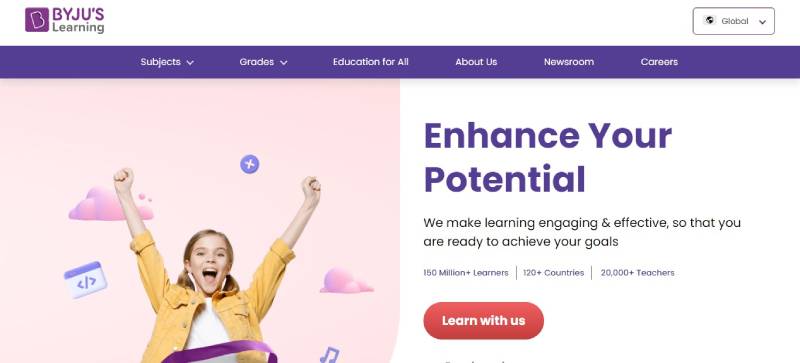
Ever dive into the realm of edtech and e-learning? Well, Byju’s is like the big kahuna of digital education. Imagine a platform, brimming with lessons that don’t just teach but spark genuine curiosity and adaptive learning. I’m talking about a one-stop-shop for students hungry to know more, a true representation of education innovation.
Blackboard
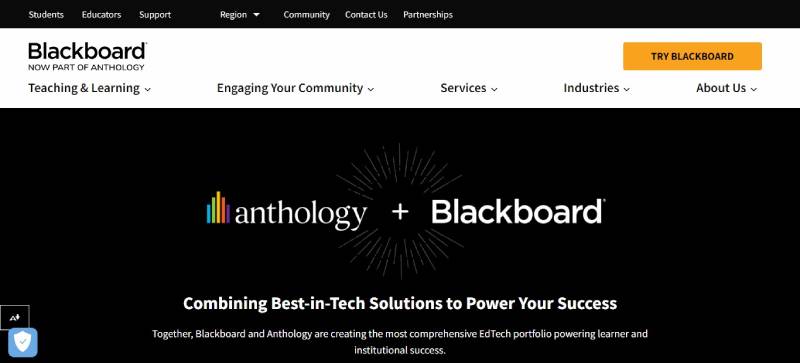
Step into Blackboard. Picture an uber-cool digital chalkboard. One that connects teachers with students seamlessly using a learning management system (LMS). It’s like the Swiss army knife for the classroom technology scenario. Tailored courses, real-time feedback, and digital assessment tools? Check and check.
Coursera
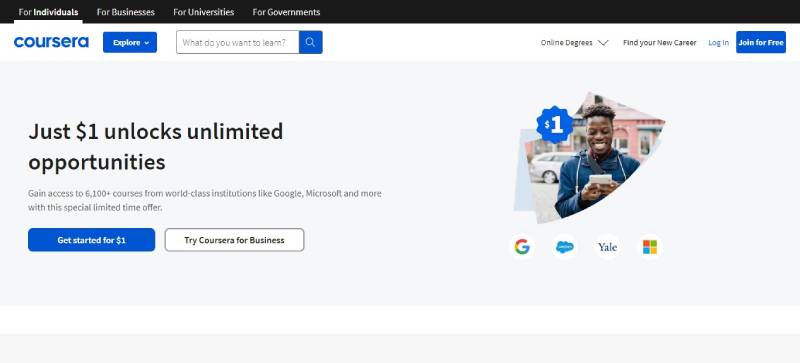
Hey, ever wanted to study from world-class universities but, you know, from your couch? Enter Coursera, an epitome of MOOCs. Dive into courses, from business to arts, offering a true academic buffet. It’s like having education apps at your fingertips, and you’re invited!
Chegg

Stuck with that tricky assignment? Chegg to the rescue! It’s not just a textbook rental place; it’s like your brainy buddy who’s got all the education software solutions. Plus, they’ve got tutors, making it an ideal online tutoring platform. Score!
PowerSchool
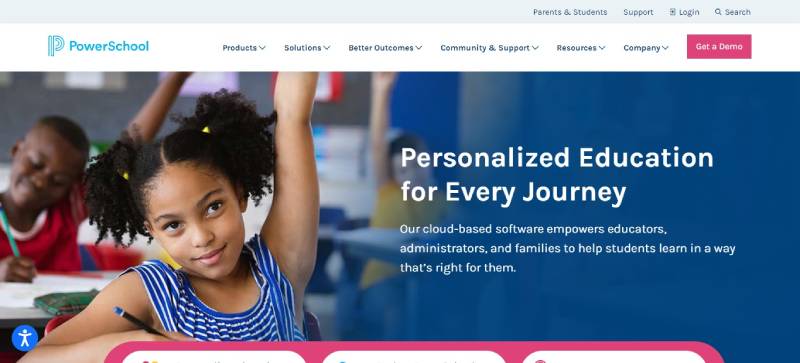
Tracking student growth can be a maze. But with PowerSchool? It’s a breeze. Think of it as the techy bridge, a sort of digital curriculum, between students, teachers, and parents. Report cards, attendance, assignments? All in one neat package, embodying blended learning at its best.
Course Hero
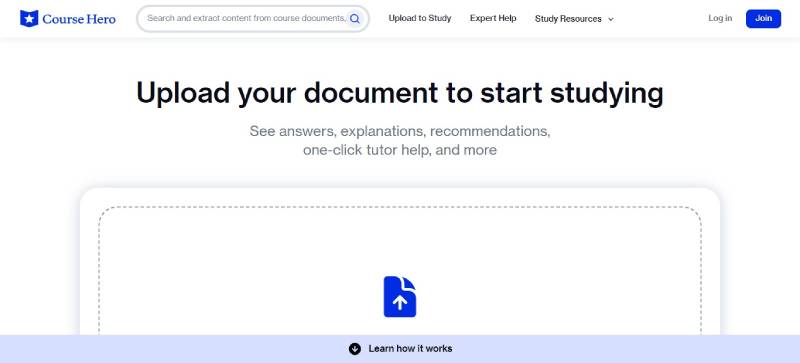
Ever felt like you needed a superhero for your courses? Well, Course Hero kinda feels like one. Crowdsourced study resources? Yup. Prepped by students and educators alike. With a variety of interactive whiteboards and materials, it’s the real MVP for gamification in education and last-minute preps.
Udacity
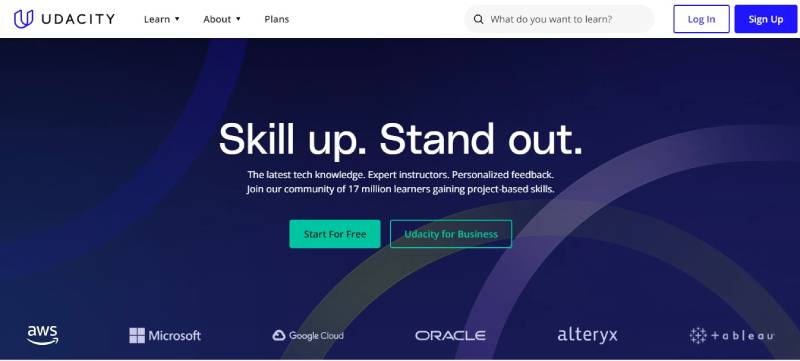
If tech skills and mobile learning are what you’re chasing, Udacity has got your back. Dive into their ‘Nanodegree’ programs, a symbol of education innovation. It’s the real deal if you’re looking to gear up for the tech world. Digital marketing, programming, or AI? They’ve got it.
Duolingo
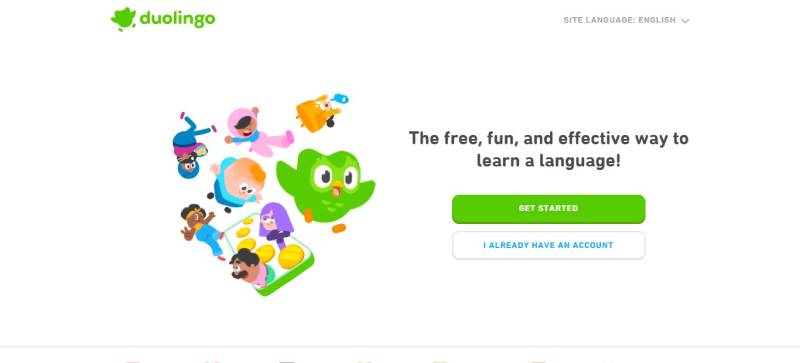
Picture this: Learning a new language using a digital education tool, but it feels like a game. That’s Duolingo for you, a prime example of gamification in education. It’s fun, quirky, and did I mention it’s free? Dive into the world of words and come out multilingual, experiencing the true essence of mobile learning.
Edmentum
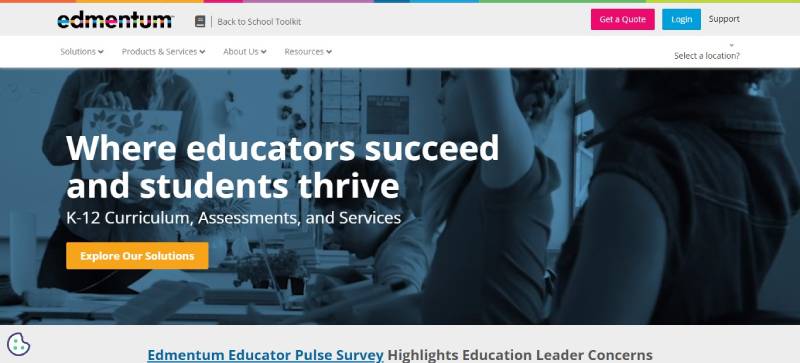
Redefining the e-learning landscape and education innovation, Edmentum rolls out some grade-A content. From K-12 to higher ed, they’ve tailored tools with adaptive learning techniques to spark brains. Think innovation, think digital curriculum. And then you’re thinking Edmentum.
EdX

Collab of MIT and Harvard? That’s EdX. It’s like the VIP lounge of online courses and MOOCs. Offering courses from institutions globally, it truly embodies the concept of a digital education platform. A truly elite experience for the education app and knowledge seekers out there.
Knewton
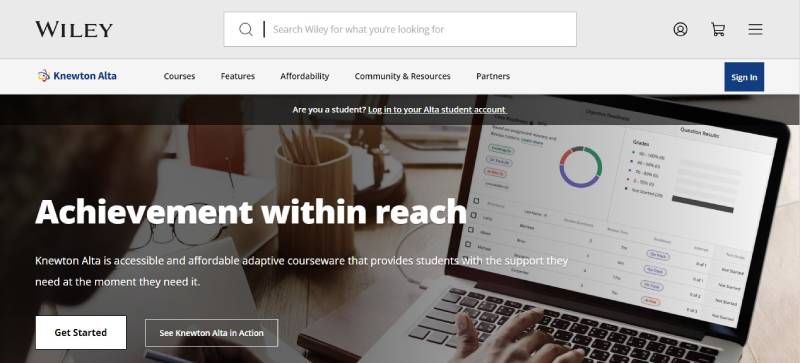
Personalized learning is not just a buzzword when it comes to Knewton. Embracing the idea of adaptive learning, it’s their bread and butter. Dive in, and you’ll find courses that adapt to YOU, much like a learning management system (LMS) that’s intuitive. They’re like the custom tailor of the edtech world.
Kahoot!
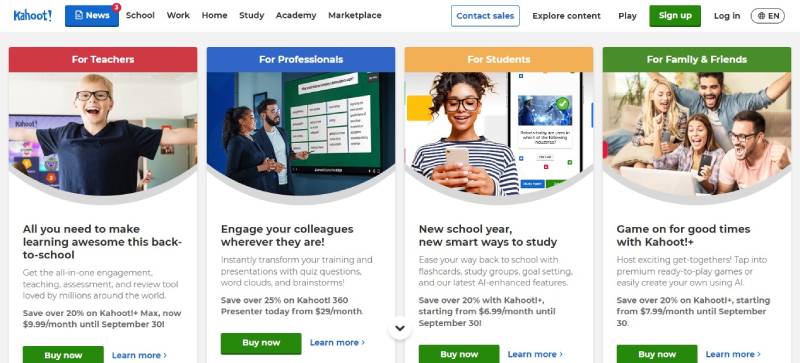
Interactive learning and blended learning methods have got a new name, and it’s Kahoot!. Ever been in a class quiz that felt like a game show, integrating the fun of gamification in education? That’s them. Engage, learn using their education software, and did I mention, have a ton of fun? That’s the Kahoot! way.
FAQ On Ed Tech Companies
What exactly do ed tech companies do?
Ed tech companies sculpt the future of learning, crafting tools and platforms that bring the classroom into the digital age.
They create innovative e-learning platforms and learning management systems geared to make education more accessible, engaging, and effective. These trailblazers are coding the alphabet of tomorrow’s education.
How is technology transforming education?
Technology bursts through traditional barriers, knitting together a tapestry of virtual education that’s rich and robust.
With digital classrooms, students dive into learning oceans, accessing a deluge of information and interaction. Tech’s the bridge connecting eager minds to knowledge, regardless of place and pace.
Why are ed tech startups gaining popularity?
Startups in ed tech are the brave new explorers in education. Agility and innovation propel them; think adaptive learning software meeting unique student needs, or gamified educational apps that make learning stick, all wrapped in fresh, user-friendly designs that captivate schools and learners alike.
What challenges do ed tech companies face?
Despite the bloom of digital education solutions, thorns like market penetration, user data security, and proving educational efficacy prick at these firms.
Ed tech innovation isn’t sans pitfalls—it’s a dance with swiftly changing regulations, steep competition, and the quintessential quest for a sustainable business model.
How do ed tech companies profit from their products?
Profit speaks a language of value, and ed tech companies articulate this through subscriptions, licensing fees, or pay-per-use models for their educational technology tools.
They serve up a platter of desirable learning management systems and interactive whiteboards, often enveloping services in bundles that schools find too savory to pass up.
What impact does ed tech have on teachers and students?
Ed tech companies don’t just repaint the canvas; they stretch it wider. Teachers find a friend in tools that streamline grading and blossoming interactive lesson plans. Students cling to personalized paths woven intricately by AI, where learning’s not a chore, but a curated journey.
How do ed tech products enhance personalized learning?
With a crescendo of data analytics and user feedback, ed tech instruments hone in on individual learning styles. Adaptive learning software adjust to each click, question, and contemplation, allowing personalized paths that are less “one-size-fits-all” and more tailored suit—meticulously crafted for just one.
What role does AI play in the ed tech landscape?
AI is the maestro orchestrating a symphony of personalized learning experiences. It sifts through data at lightning speed, enabling educational apps to adapt in real time, offer bespoke resources, and provide feedback that’s as unique as a fingerprint.
How is ed tech shaping the future of higher education?
Higher education is riding the wave towards digital education solutions. From MOOCs casting wide scholarly nets to intricate academic analytics bringing laser focus to fine-tuning curricula, ed tech is the steady hum powering the evolution of post-secondary learning pathways.
In what ways do ed tech companies collaborate with schools and governments?
Collaboration’s the adhesive. Ed tech companies sit with educators and policymakers at the drawing board, blueprinting remote learning technologies and infrastructure that dovetail snugly with institutional goals and government standards.
Seamless partnerships bring sustainable, scalpel-precise solutions that resonate with the rhythm of public education needs.
Conclusion
Scribbling the last digital ink on this narrative, it’s evident that the ecosystem built by ed tech companies is vast and alive, throbbing with the pulse of innovation. We’ve journeyed through realms where educational apps fence with textbooks, adaptive learning software tailors the academic attire, and digital classrooms stretch across continents.
These frontier builders, with their e-learning platforms, are forging paths through the wilds of traditional practices. They’ve brought us learning management systems that are equal parts teacher and tech support, and online tutoring that whispers the right answers at just the right moment.
In closing, the tapestry of education is richer, spangled with the digital sequins that these pioneers have stitched across the fabric of learning. We walk away knowing that educational technology tools are not just accessories but necessities in modern academia’s wardrobe. Our world spins on, a little smarter, a little sleeker, courtesy of these cybernetic architects of intellect.
If you liked this article about ed tech companies, Ohio, you should check out this article about tech companies in Florida.
There are also similar articles discussing tech companies in Colorado, tech companies in Indianapolis, tech companies in Phoenix, and tech companies in Denver.
And let’s not forget about articles on tech companies in DC, tech companies in Raleigh, tech companies in Orlando, and tech companies in the Bay Area.
- SQL in Action: What is SQL Used For? - April 30, 2024
- Professional Video Editing with Apps Like Kinemaster - April 29, 2024
- Benefits of Working with a Professional Web Development Company For Your Website - April 29, 2024




